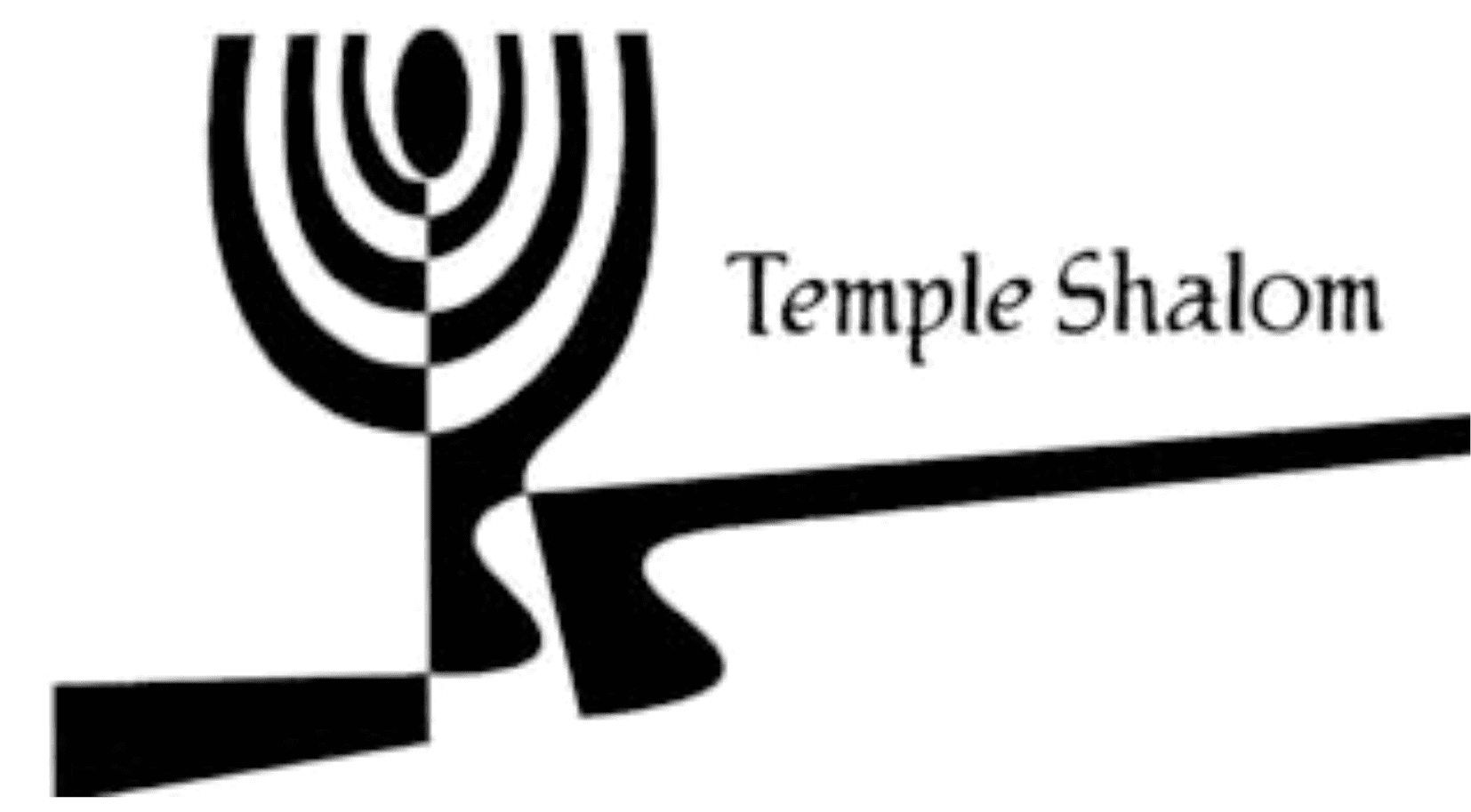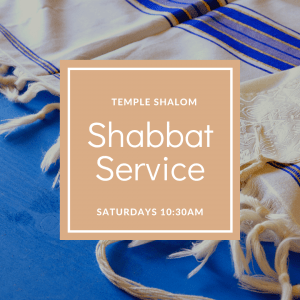At Torah study a few weeks ago, I shared with the group how delightful it is to be back in Genesis in our Torah reading cycle, to be able to immerse ourselves in the foundational narratives of our people, rather than wrestle with the legal minutiae of the second half of the Torah. A poem by Yehuda Amichai speaks to why we turn to these stories year after year, and how important they are in making sense of who we are as a people, and who we might be:
Every year our father Abraham takes his sons to Mount Moriah, the same way that I take my children to the Negev hills where my war took place.
Abraham walks with his sons: this is where I left the servants, that’s where I tied the ass to the tree at the foot of the hill, and here, right at this spot, you asked me, Isaac my son: Here is the fire and the wood but where is the lamb for the sacrifice? A little further up you asked me again/
When they reached the top of the mountain they rested awhile and ate
And drank, and he showed them the thicket where the ram was caught by its horns.
And when Abraham died, Isaac took his sons to the same spot.
“Here I lifted up the wood and that’s where I stopped for breath, this is where I asked my father and he replied, God will provide the lamb for the sacrifice, and that’s where I knew that it was me.”
And when Isaac became blind his sons brought him to that same Mount Moriah and described to him in words
All those things that he may already have forgotten.
When we struggle to make sense of the world, to understand who we are – individually and as a people – we turn to our stories, and we retell them, over and over, grounding ourselves in our history. It is our stories who make us who we are, whether they are the ancient legends of our people, or beloved family stories, told over the generations.

